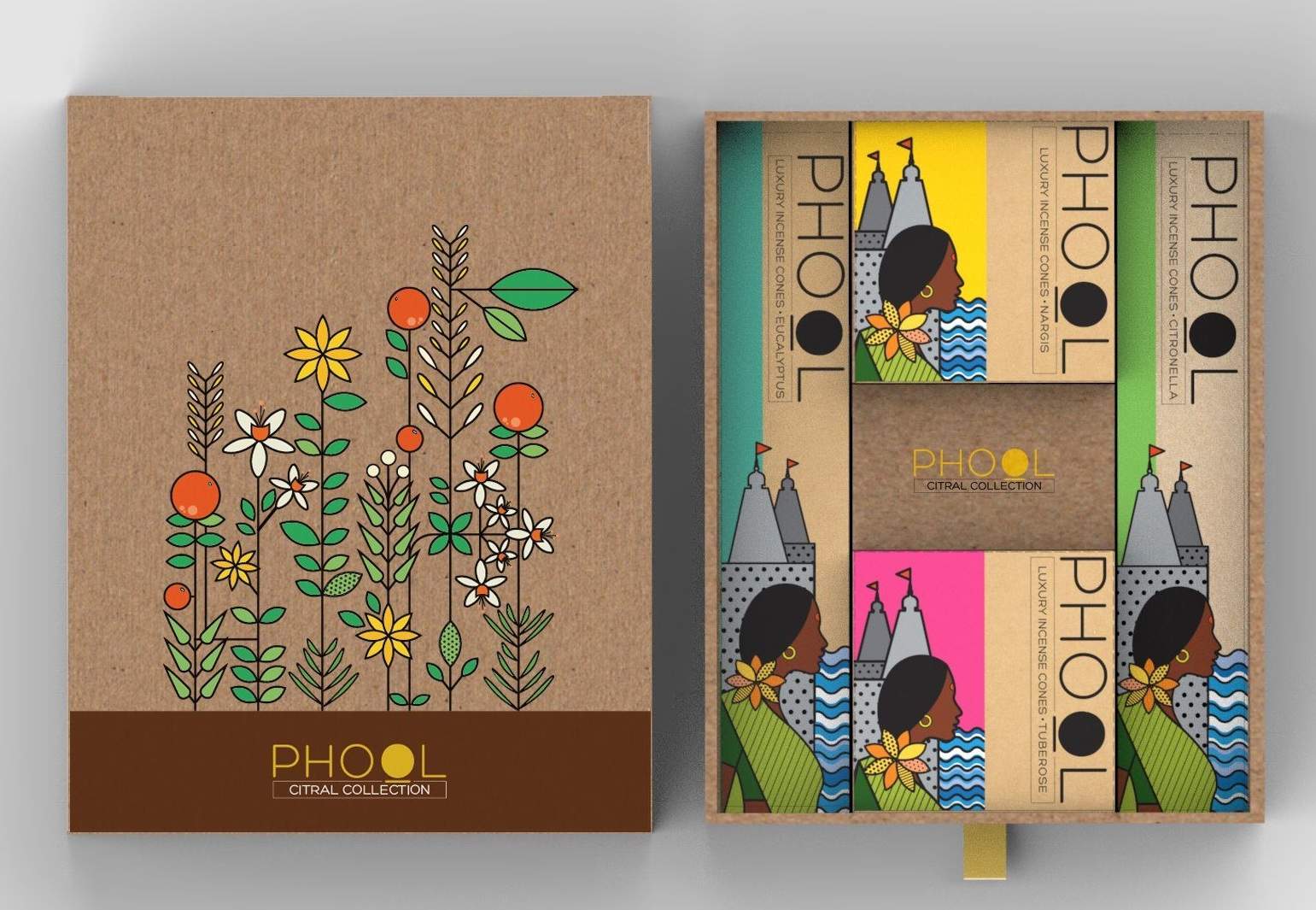Over the past few years, sustainability has rapidly become the biggest and most-used buzzword for the fashion community. While the Indian fashion industry and its designers — think Naushad Ali, Soham Dave, Rahul Mishra, Ka-sha — have focused primarily on using the sustainability aspect of handloom and craftsmanship, material innovation often finds itself on the backburner.
With a view to rapid technological and material innovation within the Indian supply chain, Fashion for Good, an Amsterdam-based organization, launched its first innovation programme in South Asia earlier this year with the aim of connecting innovators and manufacturers in order to implement and expand various sustainable solutions.
Now, in its second edition, the Sustainable Fashion Development platform has recently selected nine brands from the region out of 100 startups, five from India. To find out more, we caught up with three of the innovators who focused on disruptive new materials and dyeing solutions.
Hues to say
Despite her doctoral degree in biotechnology, Vaishali Kulkarni spends much of her time portraying trends and forecasts in colour. “But using biodesign within the fashion industry doesn’t just involve understanding things science. It includes studying the directives which govern trends in fashion and beauty,” the 32-year-old explains.
With the help of bacteria, Vaishali focuses on changing the dyeing process in the textile sector. “Today we think of fruits and vegetables when we think of natural colours. They not only produce a limited palette, however, they’re seasonal and land-intensive,” she says.
The Institute of Chemical Technology graduate at KB Cols, the biotech studio she founded in 2018, has developed a primary palette of hues extracted from bacterium typically found in the soil. In turn, this pigment could potentially be used to make colorfast dyes which use little water and no chemicals, unlike current methods. Having signed MoUs with textile partners in India, Vaishali tells us that collaborations with the cosmetic and food industries are in the pipeline.
Design directive: Natural dyes made from bacteria.
Garden variety
Using design to raise awareness is at the core of Ankit Agarwal ‘s success all while creating novel products. The Kanpur-based start-up, which launched its brand Phool in 2017, first came into the spotlight for its unique clean-up programme that saw the brand manufacture incense sticks using discarded temple flowers, primarily procured from the Ganga ghat. Their latest innovation, which received nods from Lakmé Fashion Week and the United Nations, is an alternative vegan, animal-free leather called Fleather. “In Kanpur alone, we collect 4.8 tonnes of floral waste daily from temples. We have been sourcing flowers from Tirupati since last December too.
During this process, we realised that there was a limited market for incense sticks and that we had not even scratched the surface of product possibilities, “explains Ankit, speaking about his newest offering.
The IIT graduate, imitating leather in strength and durability, explains the production process of this floral leather as something similar to curd making. “Agricultural waste is rich in cellulose and can be used as a feedstock for fleather production.” Currently, Ankit tells us an international launch is on the cards in ties with three Italian fashion houses (details of which are under embargo).
Design directive: Cruelty-free, vegan leather made from flowers.
Bamboo substitutes, with the ban on single-use plastics, have attracted many industry takers. However, the poor man’s timber retains much of its rustic charm in its most basic form — picture disposables such as straws and cutlery made from solid bamboo. To try to change this preconceived notion, and to rebrand it as the material of the future, Biomize’s Anubhav Mittal discussed the possibility of making bamboo as adaptable and flexible as its plastic counterparts. “Solid bamboo products available on the market lack scalability and are more craftsmanship than industrial in nature,” explains the entrepreneur, who has previously headed verticals at brands such as Chumbak.
Working on a patented granule based on bamboo that can be turned into textiles or non-woven fibres, Biomize has just launched a series of organic tableware, such as cutlery, plastic-like designer plates and a variety of garments.
SOURCE: IndianExpress Indulge

